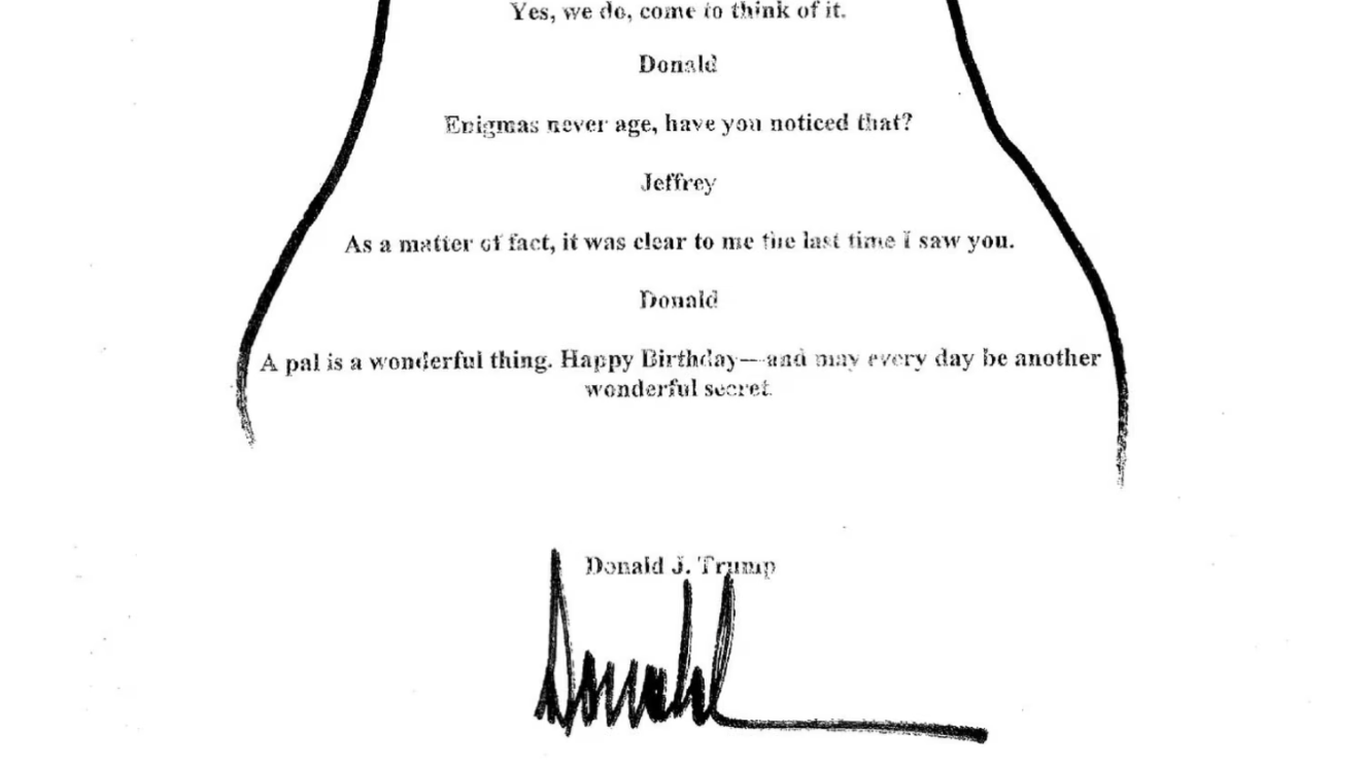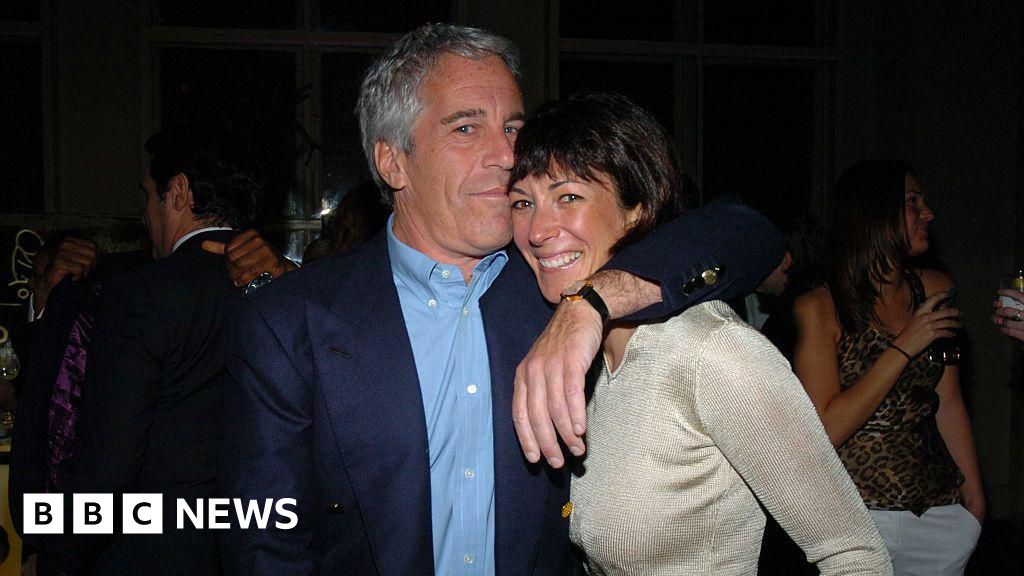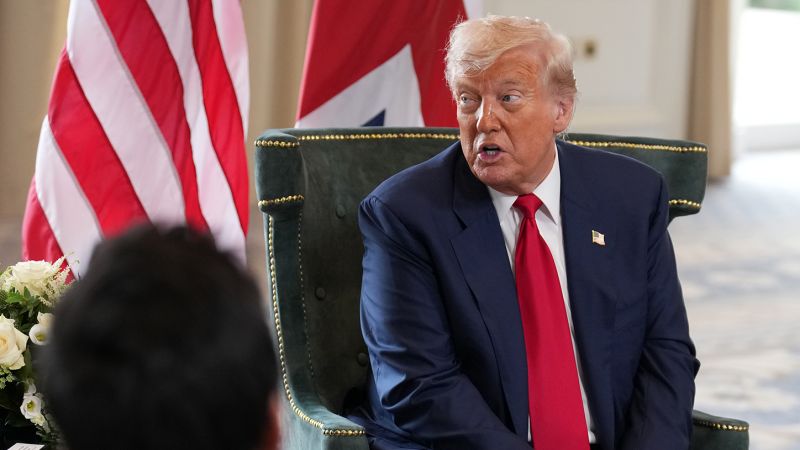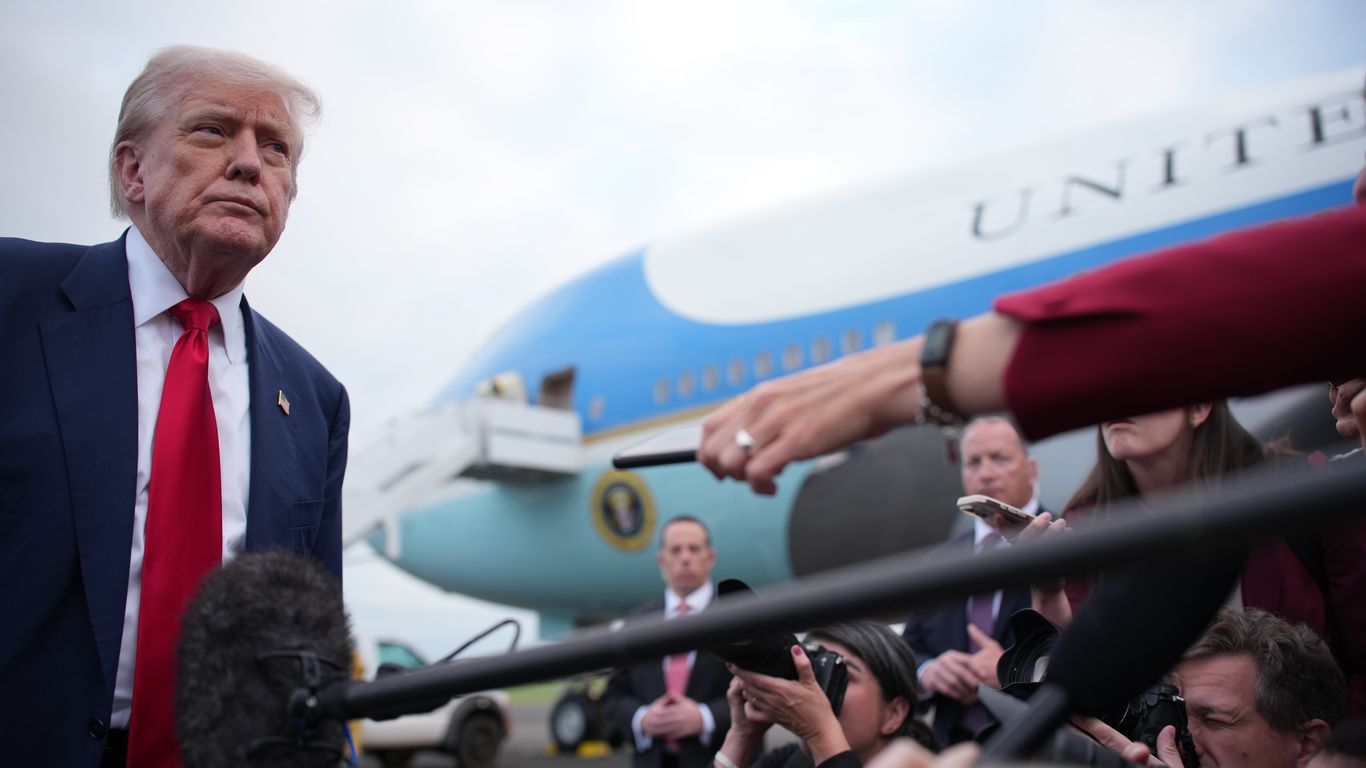Prince Andrew Renounces Duke of York Title Amid Epstein Scandal

Prince Andrew Drops Duke of York Title
Prince Andrew has agreed with King Charles to stop using his Duke of York title amid the ongoing fallout from his association with Jeffrey Epstein. This decision follows years of public scrutiny and allegations linking the prince to the late convicted sex offender, which Andrew has consistently denied. Buckingham Palace confirmed that Andrew’s renunciation is intended to minimize distraction from the royal family’s duties.
Background and Context
The move comes as renewed attention surrounds Andrew due to a forthcoming memoir by one of his accusers, further intensifying media focus. While he retains his status as a prince in name, relinquishing formal titles and honors signals a significant distancing by the monarchy. This step reflects the royal family's effort to manage reputational damage and maintain public trust amid persistent controversy.
Implications for the Royal Family
Prince Andrew’s decision marks a rare and public withdrawal of royal privileges, underscoring the impact of the Epstein scandal on the monarchy. It highlights the delicate balance King Charles faces in protecting the institution’s integrity while addressing sensitive family matters.
About the People Mentioned
Prince Andrew
Prince Andrew, Duke of York (Andrew Albert Christian Edward Mountbatten Windsor), born on 19 February 1960 at Buckingham Palace, London, is a member of the British royal family. He is the third child and second son of Queen Elizabeth II and Prince Philip, Duke of Edinburgh, and the younger brother of King Charles III. Prince Andrew was born second in the line of succession to the British throne and is currently eighth, being the first in the line who is not a descendant of the reigning monarch. Andrew served in the Royal Navy from 1979 to 2001, reaching the rank of Vice Admiral. He was a helicopter pilot and participated in the Falklands War, flying missions including anti-surface warfare, casualty evacuation, and Exocet missile decoy operations. His naval service included command of a warship and he was promoted to commander in 1999 and honorary captain in 2001. In 1986, Andrew married Sarah Ferguson, and they have two daughters, Princess Beatrice and Princess Eugenie. The couple separated in 1992 and divorced in 1996, events that received significant media attention. As Duke of York, Andrew undertook official duties and engagements on behalf of the Queen and served as the UK's Special Representative for International Trade and Investment from 2001 until 2011. Andrew resigned from royal duties in November 2019 following increased scrutiny related to his association with Jeffrey Epstein. In 2025, under further public and political pressure, he agreed to stop using his royal titles, although Parliament has not formally voted to remove his title of Duke of York. He currently resides at Royal Lodge, though reports indicate his lease on the property has ended and he may relocate to a privately-owned property. Andrew remains a figure of public discussion, particularly regarding his titles and role within the royal family.
King Charles
King Charles III, born Charles Philip Arthur George on November 14, 1948, at Buckingham Palace, London, is the current monarch of the United Kingdom and 14 other Commonwealth realms. He is the eldest son of Queen Elizabeth II and Prince Philip, Duke of Edinburgh. Charles became the heir apparent at the age of three following his mother's accession to the throne in 1952. Charles was educated at notable institutions, including the University of Cambridge, where he graduated with a Bachelor of Arts degree in archaeology, anthropology, and history. He later received a Master of Arts degree. He was invested as the Prince of Wales in 1969, becoming the longest-serving Prince of Wales in history. Charles served in the Royal Navy and has been involved in numerous charitable endeavors, founding the Prince's Trust in 1976 to support young people. Charles has been married twice, first to Lady Diana Spencer from 1981 to 1996, and then to Camilla Parker Bowles in 2005. He has two sons, Prince William and Prince Harry, from his first marriage. As king, Charles continues to prioritize charitable work and environmental advocacy. His coronation took place on May 6, 2023, at Westminster Abbey, where he emphasized the importance of inclusivity and religious diversity. Currently, King Charles III plays a significant role in British and Commonwealth affairs. He has made historic state visits, including to Germany and France, further solidifying diplomatic ties. In early 2024, Charles faced health challenges, including a cancer diagnosis, which led to a temporary reduction in public engagements. Despite these challenges, he remains committed to his constitutional duties and charitable causes. His reign continues to be marked by both traditional and modernizing elements, reflecting the evolving nature of the British monarchy.
Jeffrey Epstein
Jeffrey Edward Epstein (January 20, 1953 – August 10, 2019) was an American financier and convicted sex offender whose life and crimes attracted intense media scrutiny and public controversy[1][3]. Born and raised in Brooklyn, New York, Epstein initially worked as a teacher at the Dalton School in Manhattan before transitioning to a career in finance, joining Bear Stearns and later establishing his own investment firms[1][2]. He managed the wealth of billionaire Leslie Wexner, amassing significant personal fortune and cultivating a social circle that included politicians, celebrities, business leaders, and even royalty[2][3]. Epstein’s professional achievements were overshadowed by criminal allegations. In 2005, police in Palm Beach, Florida, began investigating him after a parent reported he had sexually abused her 14-year-old daughter[1]. Federal authorities later identified dozens of girls, some as young as 14, whom Epstein had allegedly abused[1][6]. In 2008, he pleaded guilty in Florida state court to procuring a child for prostitution and soliciting a prostitute as part of a controversial plea deal, serving nearly 13 months in custody with work release privileges[1][2]. Despite his conviction, Epstein avoided more severe federal charges at the time. In July 2019, Epstein was arrested again on federal charges for sex trafficking minors in Florida and New York[1][2]. While awaiting trial in a Manhattan jail, he was found dead in his cell on August 10, 2019; the medical examiner ruled his death a suicide by hanging[1][3]. The circumstances surrounding his death, including missing and modified CCTV footage, fueled widespread public skepticism and conspiracy theories[1]. In July 2025, the FBI released surveillance footage supporting the suicide ruling, though questions about the investigation persist[1]. Epstein’s case remains highly relevant due to ongoing lawsuits by his victims, investigations into his associates, and the release of thousands of previously sealed documents in early 2024 that renewed public interest in his network and alleged co-conspirators[2]. His former associate, Ghislaine Maxwell, was convicted of related charges, underscoring the lasting impact of his crimes[2]. Discussions about accountability, the influence of wealth and power, and the treatment of survivors continue to shape the public dialogue around Epstein’s legacy[2][5].
About the Organizations Mentioned
Buckingham Palace
Buckingham Palace serves as the **official London residence and administrative headquarters of the British monarchy**, functioning both as a royal home and a center for official and ceremonial duties. It houses the monarch’s offices and is the site where the sovereign conducts state affairs, receives foreign dignitaries, and hosts state banquets, making it a pivotal institution in the UK's constitutional monarchy[1][2]. The site originated in the early 17th century as a mulberry garden and became a substantial house by 1628. It was transformed into Buckingham House by the Duke of Buckingham in 1698. In the 18th and 19th centuries, the house was acquired and remodeled by successive monarchs, notably George III and George IV, with architect John Nash converting it into the palace recognized today. Queen Victoria was the first monarch to reside there officially, starting in 1837. The iconic white Portland stone facade was added in 1913 by Sir Aston Webb[1]. Buckingham Palace is not only a royal residence but also a **major workplace for over 800 staff members**, covering roles from housekeeping to specialized crafts like clockmaking and fendersmithing[1]. It features 19 State Rooms richly decorated with treasures from the Royal Collection — the largest private art collection globally, comprising over a million objects such as Old Master paintings, furniture, and photographs. The Royal Mews, part of the palace complex, manages royal transportation and houses historic carriages and horses used in ceremonial events[2]. The palace's operational structure is supported by the Royal Household departments, including the Lord Chamberlain's Office and the Master of the Household, who oversee royal events, staff, and domestic affairs. The Private Secretary to the Sovereign manages official communications and programs. These roles ensure Buckingham Palace functions smoothly as both a historic symbol and an active institution of governance and public engagement[3][4]. In 2025, Buckingham Palace continues to open its State Rooms to the publi





:max_bytes(150000):strip_icc():focal(749x0:751x2)/Prince-Harry-prince-andrew-080225-e96af462b10148f8aedf57cc0f5e038c.jpg)







